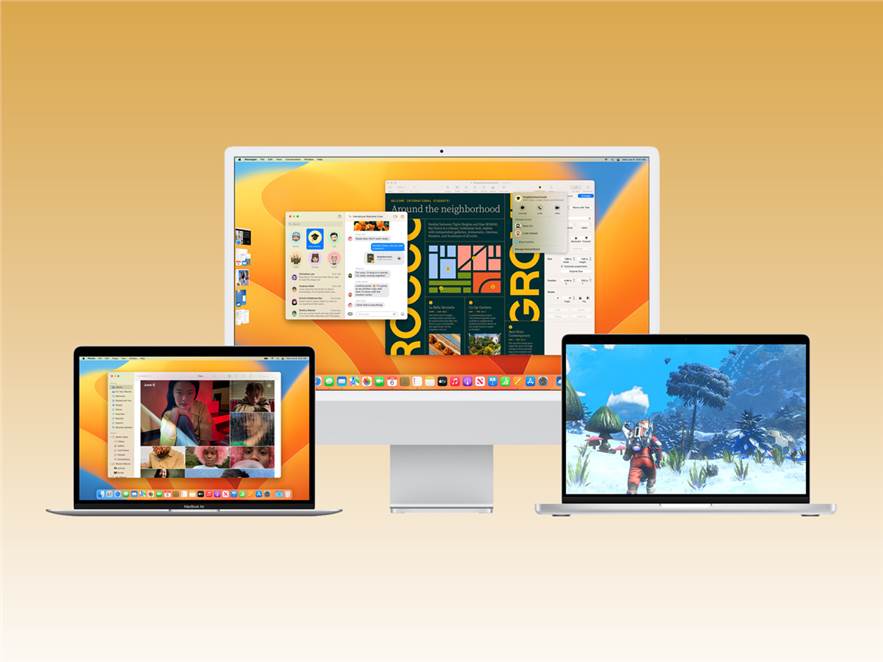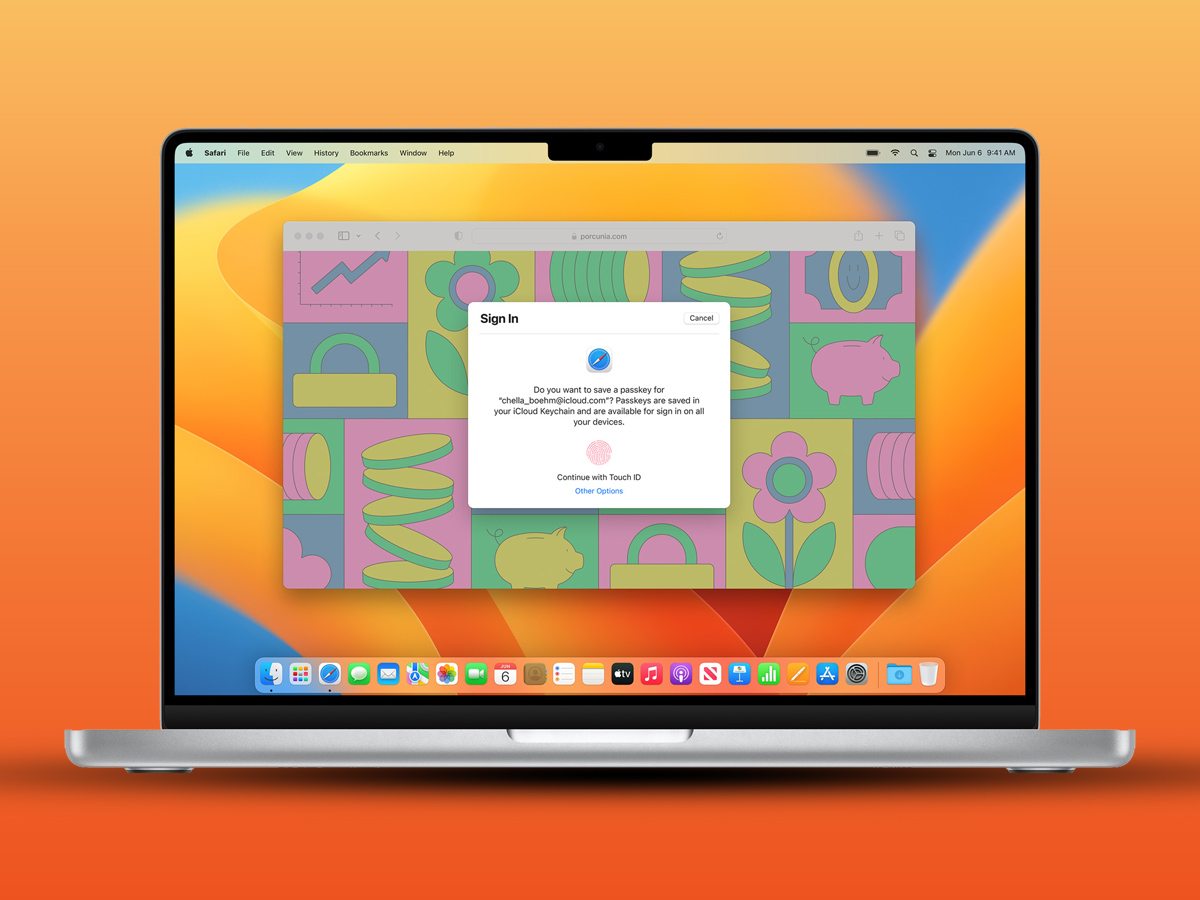Well if you were fast asleep and happened to miss the WWDC, let’s get you caught up. Apple showcased its new OS for the Watch, iPhone, etc… standard stuff. More interestingly, the word ‘Passkey’ was thrown around. Now if you are thinking, “Great, another techy word to remember!” then hold on a minute. This might actually help technologically challenged folks a lot.
WTF are Passkeys?
First video killed the radio, now passkeys will kill the password

First off, how safe are our current passwords?
Take the hint, not. It's no secret that passwords are insecure, with easily guessable credentials, since you aren’t exactly Fort Knox, accounting for more than 80% of data breaches, and that's if you can even remember it in the first place. You are lying if you haven’t written it down somewhere “safe”.
So what’s the big deal about Passkeys?

Simply put, you will never have the burden of having to remember your password again. These next-generation credentials are more secure, easy to use, and designed to replace passwords. They are essentially unique digital keys that are stored on your device and not the internet, so you can stay safe from those scary hackers out there.
Better still, you can't be tricked into giving it away, unless you somehow get conned out of your thumb. Yup, you guessed it. You are now to use your Touch ID or Face ID for biometric verification to sign in safely and efficiently. You can also use your iCloud Keychain to sync across all your devices like the Mac, iPhone, iPad, and Apple TV with end-to-end encryption. They will also work across apps and the web enabling users to even sign in to websites or apps on non-Apple devices using their iPhone.
Don't trust Apple’s word?
Don't worry they aren't alone on this. Last month, Google and Microsoft joined forces with Apple, to expand support for passwordless logins across mobile, desktop and browsers. So all the big names seem to be on board the plan to murder the password for good.
They believe since it’s just a single tap to sign in, it’s simultaneously easier, faster and more secure than almost all common forms of authentication today. So await this technology with bated breath, just don't forget your passwords in the meantime!
Although, the question is… what happens if you lose your iPhone?
